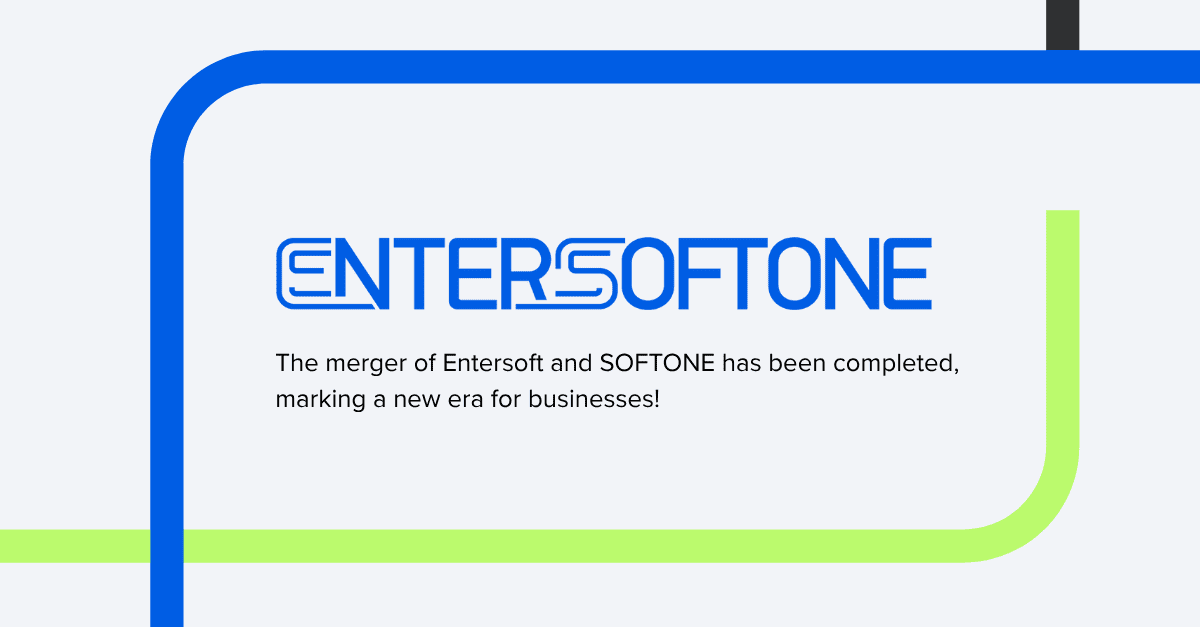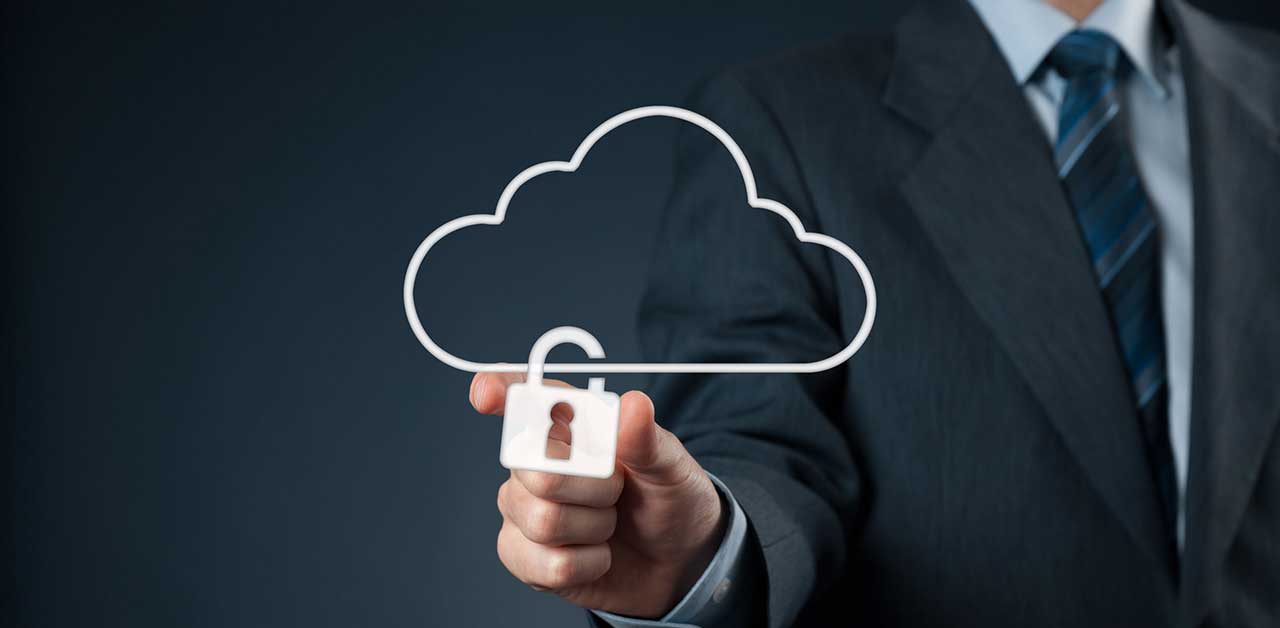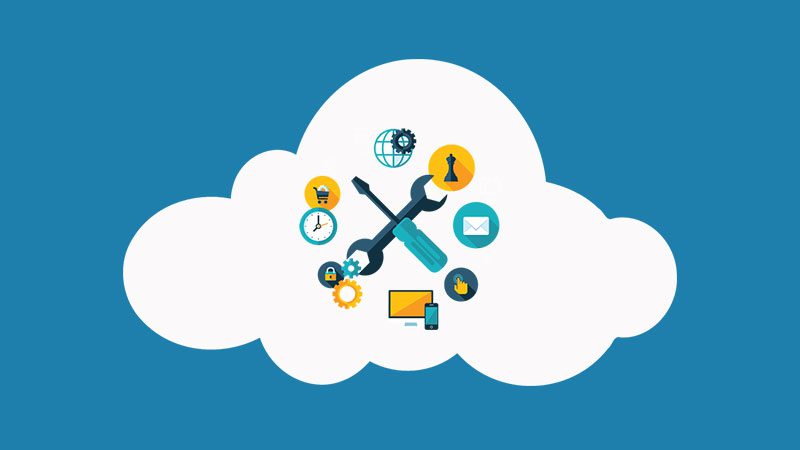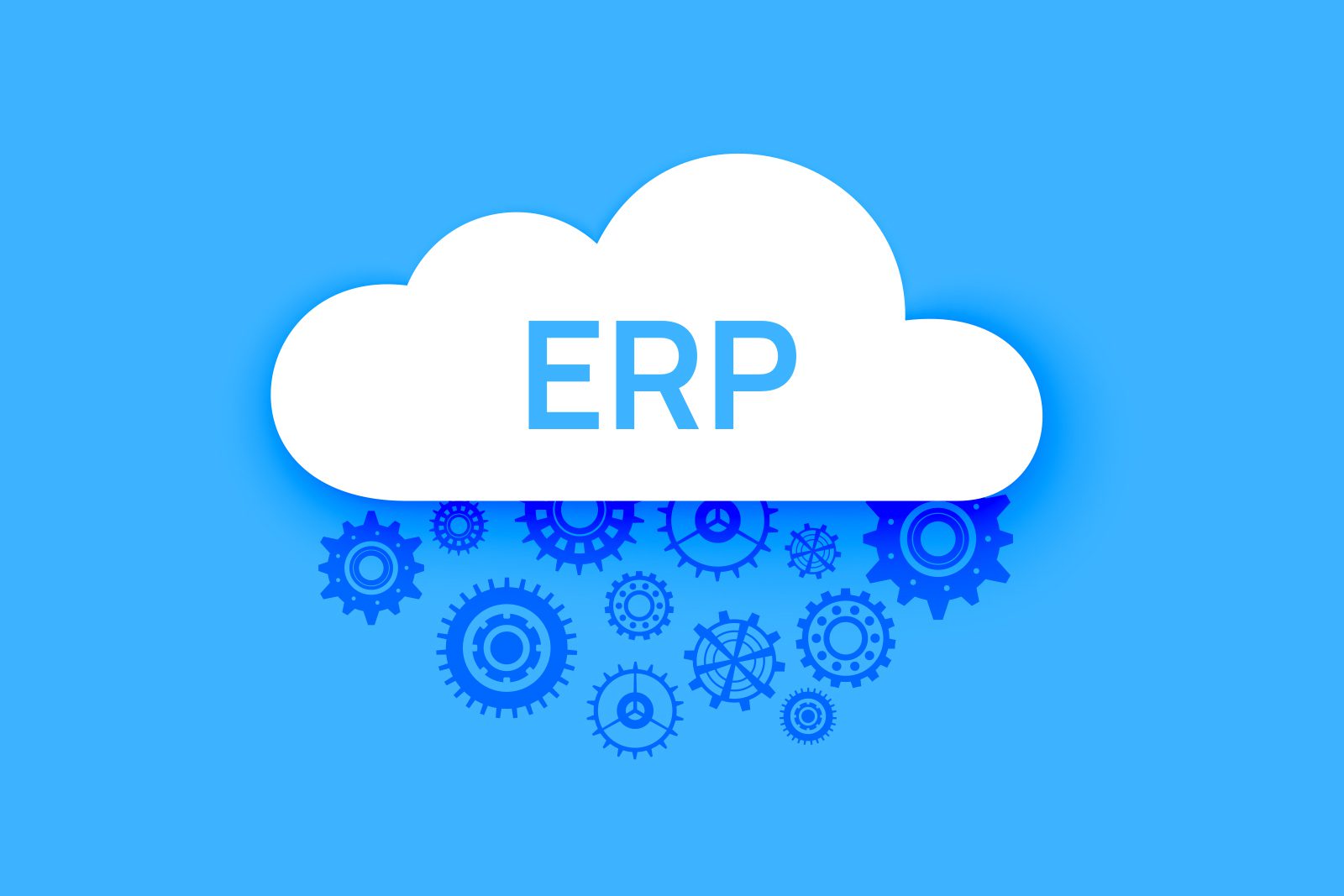Share
Read also

Trends & Views
Digital Transformation Strategies for Success

Business Software
CRM for Small Businesses and Seamless Integration

News & Events
ENTERSOFTONE: The merger of Entersoft and SOFTONE has been completed, creating the largest provider of business software products and services in Greece and Southeast Europe.

Mobility
Outlook for the BYOD and EM market from 2025 to 2035
The techniques employed by hackers are constantly evolving and thus, enterprise IT departments need to deal with an increasing number of challenges in order to protect ERP systems. They need to make sure that firewalls are safe, passwords are complex enough, systems are timely updated and the personnel is adequately trained, so that cyber-criminals cannot access valuable enterprise data through emails, Trojans and so on.
Many IT managers have been led to the conclusion that maintaining on-premises ERP systems is an expensive and time-consuming process. As a result, they are searching for cloud-based alternatives, in order to transfer the responsibility of keeping their ERP system safe to a reliable and specialized vendor. Nevertheless, there are certain parameters that businesses need to take into consideration, before migrating to the cloud, so as to avoid any potential problems.
Is cloud the right solution for you?
Before making any decision, be sure to carefully examine all steps, data and prospects with your vendor. It all has to do with the specific security needs of your business, and not what is good for other customers or your competitors.
High-level security
Verify the security steps that your cloud ERP vendor deploys and uses. For example, does your vendor offer encryption during data transfer, intrusion identification systems, properly trained personnel, and accessible and transparent policies and processes in regard to your business data?
Compliance policies
Check out the compliance policies that apply to your industry and the geographical locations where you do business. Make sure your ERP vendor has the required experience in security and follows the best practices in managing personal identifiable data or other sensitive information.
Awareness and readiness
It is established that, most often, hacking incidents and data leaks are due to employees’ lack of awareness and readiness in regard to security processes and system deployment. While business development may be positive, adding more users entails a greater risk that some of these users will act carelessly. Proper training is the way to ensure your employees will not be the weak link in your security chain, as they will implement the best practices and thus, mitigate risks.







